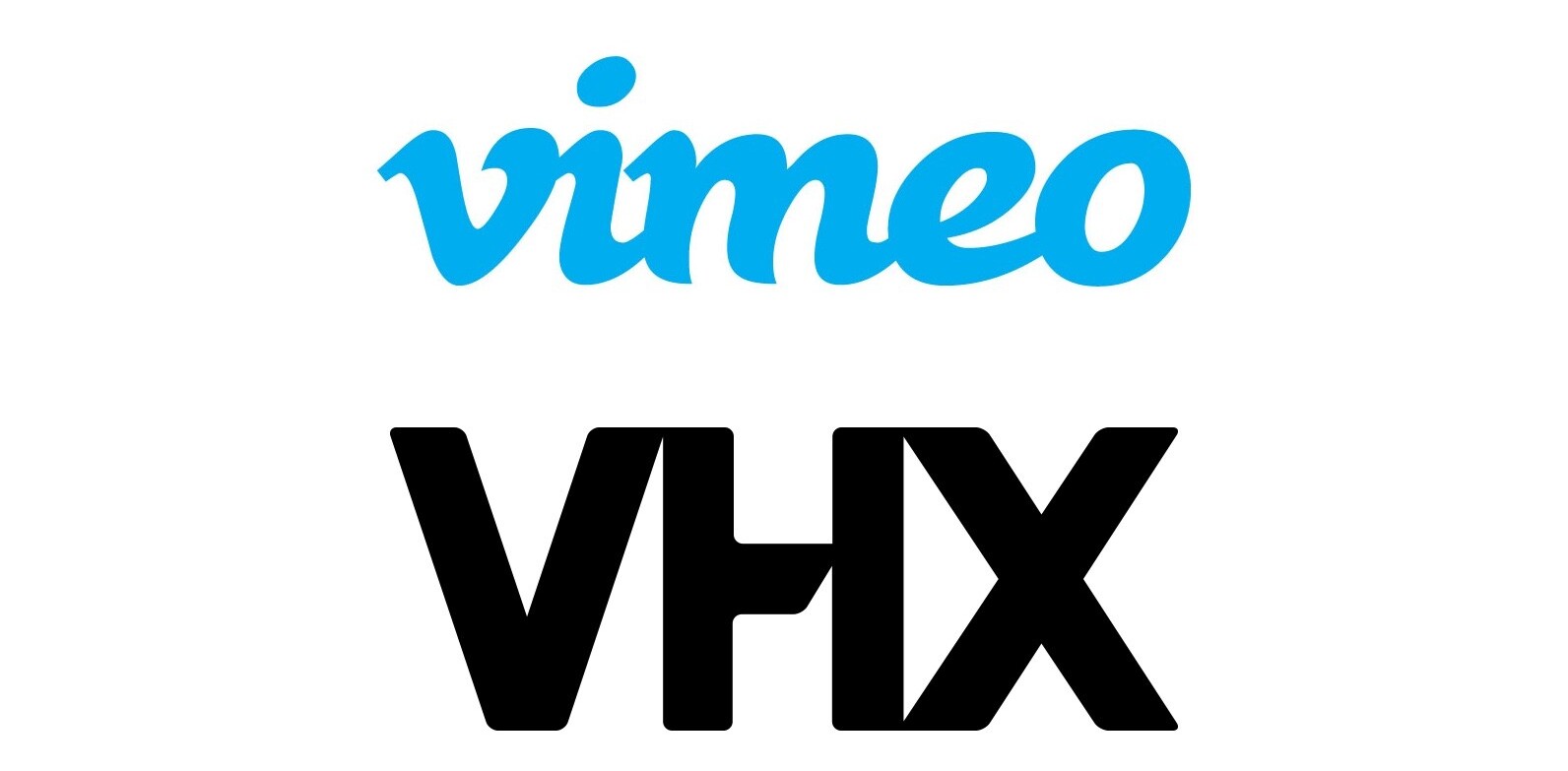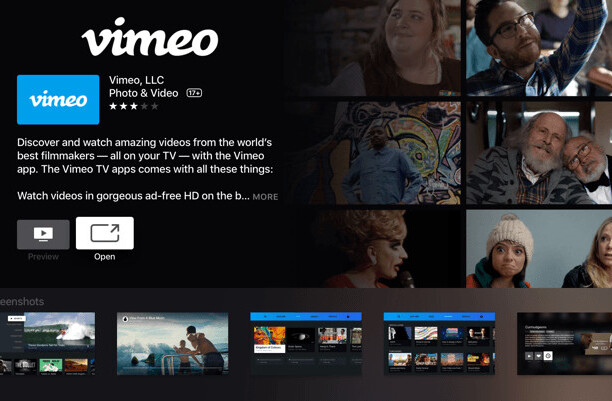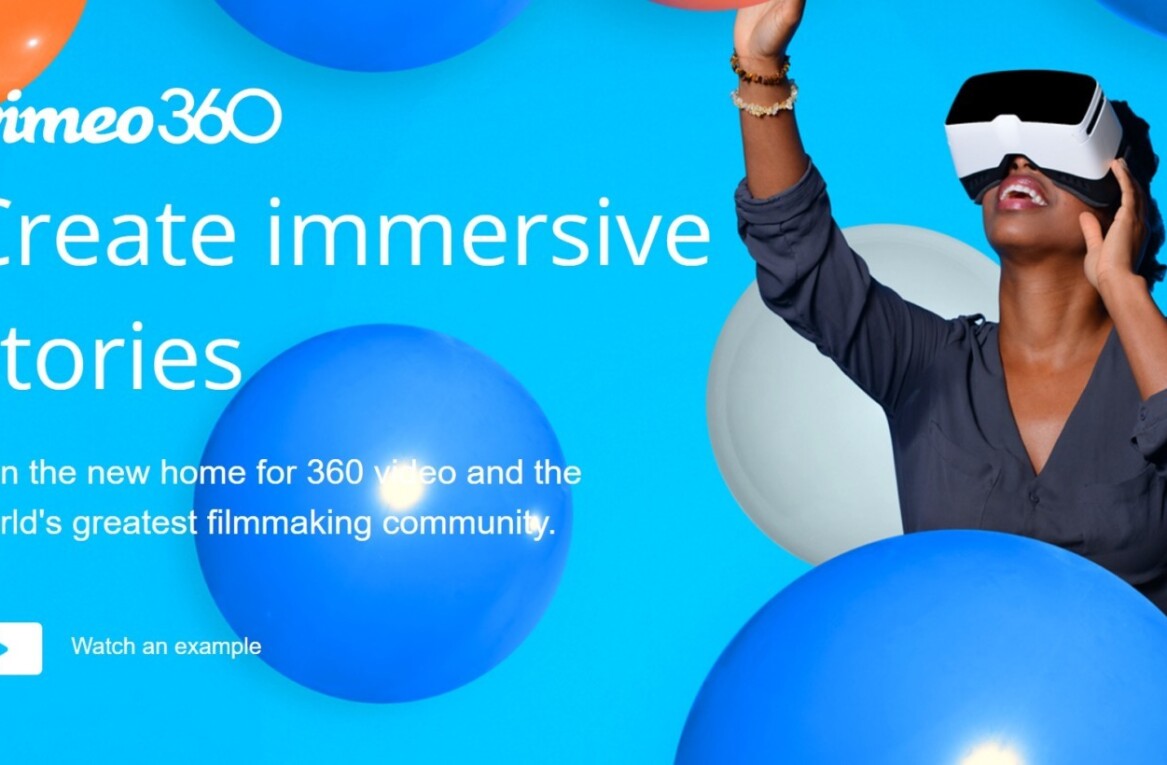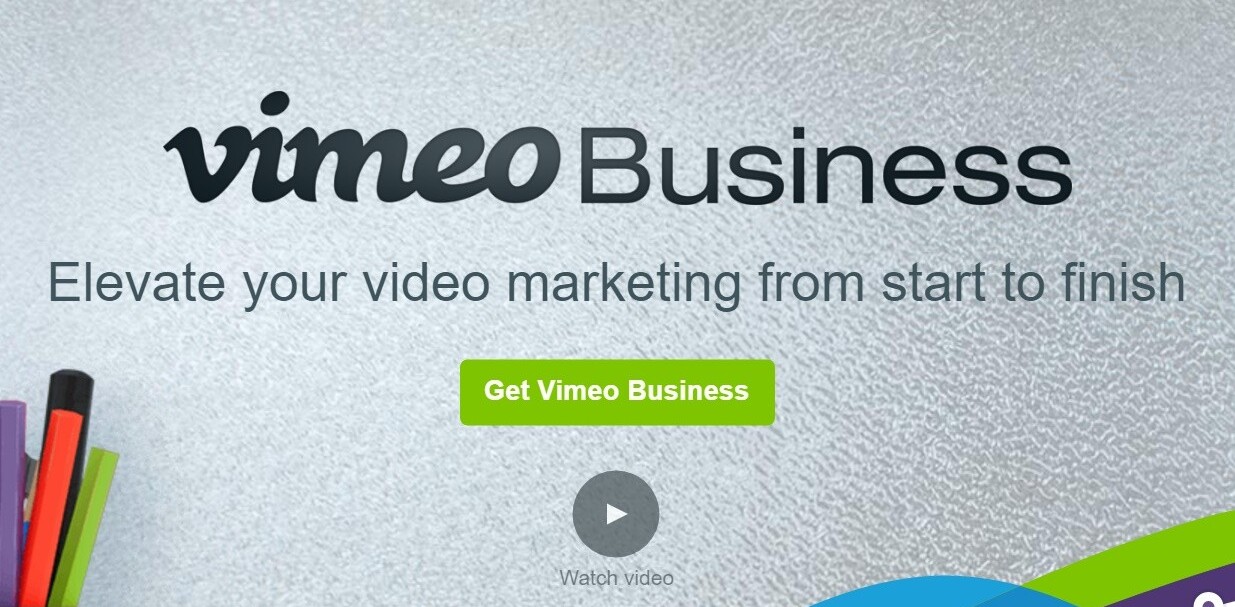
Over a year ago, Vimeo decided to rebuild its player. As the heart and soul of the company’s video-sharing platform, it was a huge undertaking. “It was like doing open heart surgery,” Vimeo President Dae Mellencamp said. Today, the new player is finally available to everyone.
By switching predominantly to HMTL5 and using as little Flash as possible, Vimeo has given its video player a sizeable performance boost. It now loads twice as fast, whether it’s on the Vimeo site or embedded elsewhere on the Web. Once the viewer presses the play button, the time it takes for the video to begin has also been cut in half, which is no small feat.
Vimeo has been rolling out this back-end update to many of its users over the last few months, but today marks its official release and full public availability.
While before the company had six to eight players for different environments, now it has only a few. It won’t be noticeable to the naked eye, but Vimeo hopes it will simplify and accelerate its development cycle.
“We now have very few players and leverage elements across all of them, which we literally just couldn’t do before,” Mellencamp said. “We had to develop different features for different environments; HTML5 has absolutely made it simpler, it’s made it faster, and we’re big supporters of it.”
Today, Vimeo is also debuting support for in-player Vimeo On Demand payments. So wherever the player has been embedded, be it Facebook, Twitter or a blog post, viewers can now watch the trailer and immediately pay to view the full release.
The update should improve sales, increasing Vimeo’s revenue and support from PRO members for the on-demand platform, while also making it easier for viewers to discover, buy and watch independent film.
The company is also supporting translated subtitles and closed captioning for the first time. It’s pretty bare-bones for now, as users will need to create and upload the files themselves alongside their video. For comparison, YouTube users can request professional captioning without leaving the site.
Screen reader and voice over support is also being added for visually impaired visitors. “We will be continuing to go further with that throughout [this] year and do more there, because we think there’s a lot more we can do there,” Mellencamp added.
Vimeo hasn’t meddled with the design of its video player, but it’s been tweaked in a few places to improve the general user experience. The sharing options have been reworked, giving users a single place to email, embed or post the video to the usual array of social networks.
Additionally, when a Vimeo player is running in one tab, it will pause automatically if the user starts watching a different video in a new tab.
While none of these changes are going to redefine the Vimeo experience, they will certainly help it to reaffirm its claim as one of the highest-quality video-sharing platforms on the Web.
Get the TNW newsletter
Get the most important tech news in your inbox each week.






